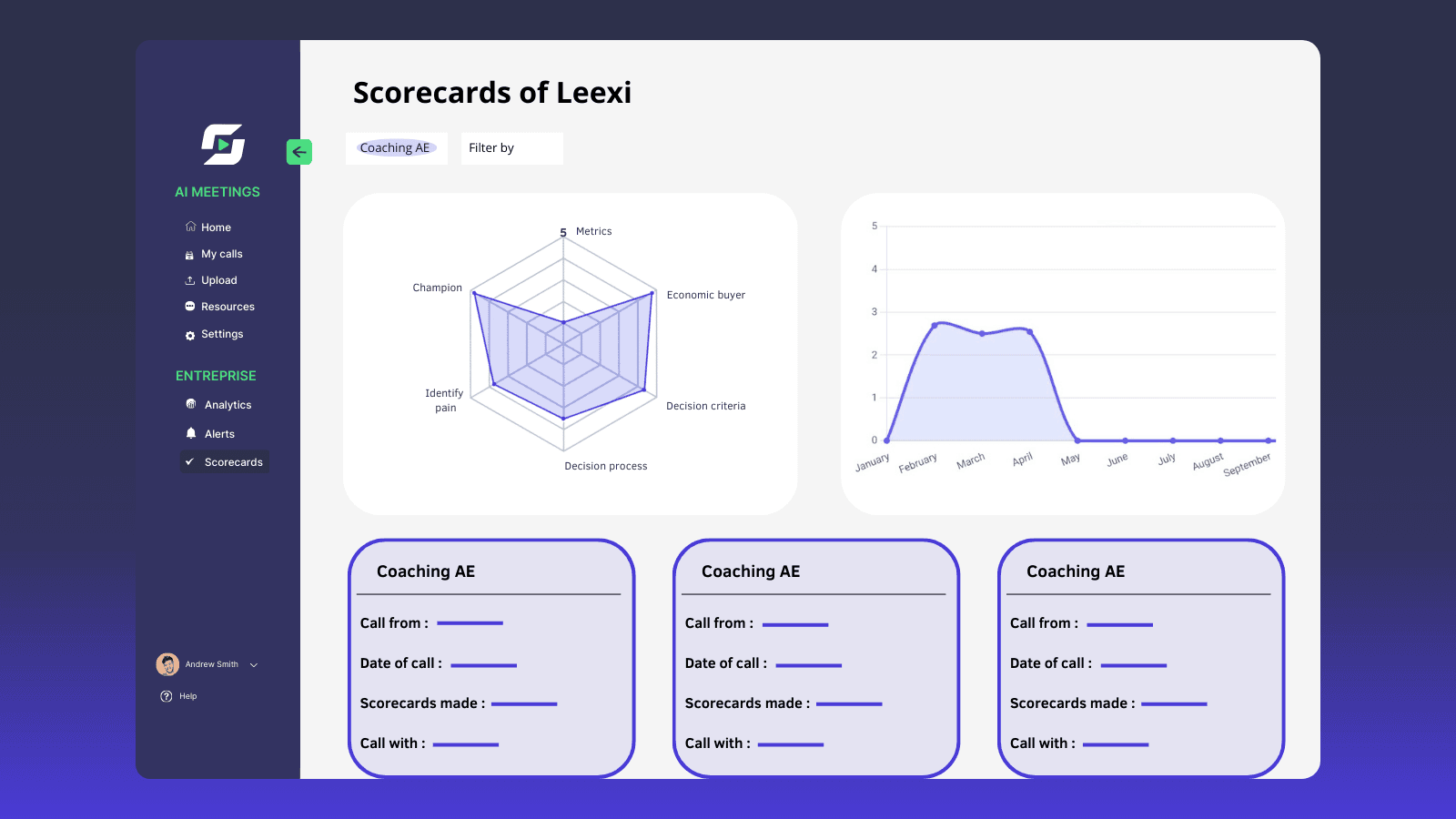How to Use KPIs Based on Your Business Activity?
- Understanding the Concept of KPIs
- Properly Using KPIs
- Practical Examples

KPI stands for Key Performance Indicator. These are Business Intelligence tools used to measure the performance of a company, department, or project. They help identify improvement opportunities, track progress, and make strategic decisions to achieve business goals.
Definition
A KPI is a quantifiable metric that reflects the results of a specific activity in terms of performance and progress toward a company's objectives. These are internal measures (not disclosed externally) that management can use to evaluate company performance. To measure and track key performance indicators, businesses often use business analytics tools and reporting software.
Use According to Business Activity
KPIs can vary greatly depending on a company's business activity and department.
Here are some examples of how different types of KPIs are used by department:
Marketing
- Conversion Rate: Measures the percentage of website visitors who take a defined action (purchase, sign-up, download, etc.)
- Click-Through Rate (CTR): This KPI measures the number of clicks on an ad (SEA) or a web page (SEO) based on the number of people who saw the ad or page (also called "impressions"). It's a key indicator for assessing the effectiveness of advertising campaigns and determining which web pages are most successful.
Sales
- Sales Closing Rate: Measures the percentage of qualified leads that become customers. Knowing this rate helps managers identify factors impacting performance and work on improvements.
- Sales Volume: Measures the total amount of sales made over a set period.
- Revenue per Employee: This KPI measures each employee's sales performance. It's ideal for managers wanting to identify top performers and for employees to track their own results.
Customer Service
- Average Response Time: Measures the average time customer service takes to handle a request.
- First Call Resolution Rate: Measures the percentage of customer service requests resolved during the first call.
- Customer Satisfaction Rate: Measures how satisfied customers are with the service provided by the dedicated team. Companies can conduct surveys or post-interaction questionnaires to gather more insights on the customer experience.
Human Resources
- Employee Turnover Rate: Measures how often employees leave the company. It's a key indicator for evaluating employee satisfaction and workplace quality.
- Absenteeism Rate: Measures the proportion of missed work hours compared to scheduled hours.
Finance
- Return on Investment (ROI): Measures the return on investment over a given period and is the most important indicator.
- Revenue Growth Rate: Measures how quickly the company's sales are increasing over time. The goal for any business is to accelerate growth so revenue is recovered as quickly as possible.
- Gross Margin Rate: Measures the percentage of each dollar that remains as profit after deducting direct costs.
These examples show that KPIs can be used to measure the performance of different aspects of a business. It's important to select the most relevant KPIs for your company and monitor them regularly to spot improvement opportunities.
Highlighting KPIs
As we've seen, KPIs have many uses. Let's now discuss the contexts where you can implement these indicators.
- In your sales dashboards: For a dashboard to be effective, it must include relevant KPIs. For example, the conversational intelligence tool Leexi uses call transcription and video conference transcription to do the work for you by summarizing the KPIs that will drive your business forward. It can also send relevant information to your CRM.

- In your reporting: Including KPIs in your reports is essential for them to be useful to managers.
- In your SaaS tools: Many professional software tools are more powerful when you implement KPIs in their usage.
Conclusion
By using relevant KPIs according to their business activity and department, companies can track performance, identify areas for improvement, and make informed strategic decisions to achieve their goals. KPIs are thus a valuable tool for business management and for helping professionals reach their objectives more effectively.
Ready to boost your productivity with Leexi?
Leexi AI Notetaker takes notes for you